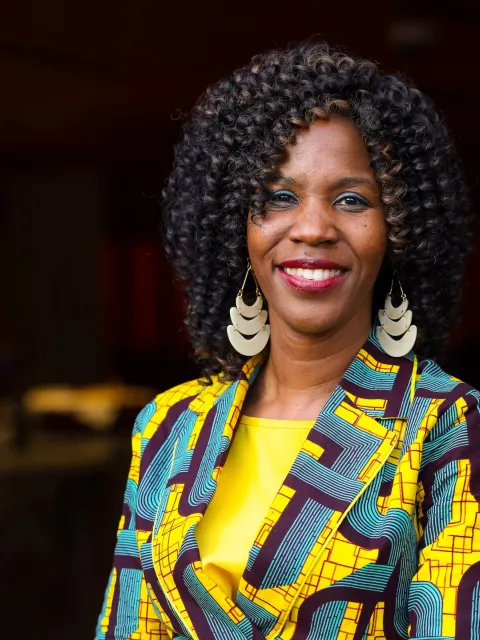Documentary 'Africa’s Drug Scandal'
In the wake of rapid global development, cancer now kills more people in Africa than AIDS, TB and Malaria combined.

Added to this, many medical professionals struggle to secure adequate pain relief, leaving thousands of adults and children in unbearable agony.
Watch the Unreported World Short: Africa’s Drug Scandal – http://ow.ly/xj8jU or the full report www.channel4.com/programmes/unreported-world/4od
70,000 people in Senegal are in need of morphine to manage acute pain now that cancer kills more people in Africa than AIDS, TB and Malaria combined. With cancer cases set to rise to 24 million by 2035, the need for effective pain has never been more crucial.
Unfortunately in Senegal a complex bureaucracy and the need for more knowledge about effective pain relief has left many medical professionals feeling helpless and thousands of people, including young children, unnecessarily suffering extreme agony. Unreported World Shorts Outline Unreported World Shorts offer bite sized views of the lives of people in some of the fastest-changing areas of the world.
Reporter Krishnan Guru-Murthy and Director Daniel Bogado travel to Senegal to reveal how patients across the continent are being deprived of the single most important drug for relieving the pain of cancer – morphine - despite governments having funds to purchase the supplies.
The scandalous shortage of morphine in Senegal is being repeated across the developing world and affects millions. It is needless cruelty, reflects Guru-Murthy. But without the political will to change, vulnerable people remain deprived of humane treatment and an end to life free of pain.
Website: www.channel4.com/unreportedworld
Join the conversation on Twitter at @unreportedworld and on Facebook at /unreportedworld.
Last update
Tuesday 28 February 2023
